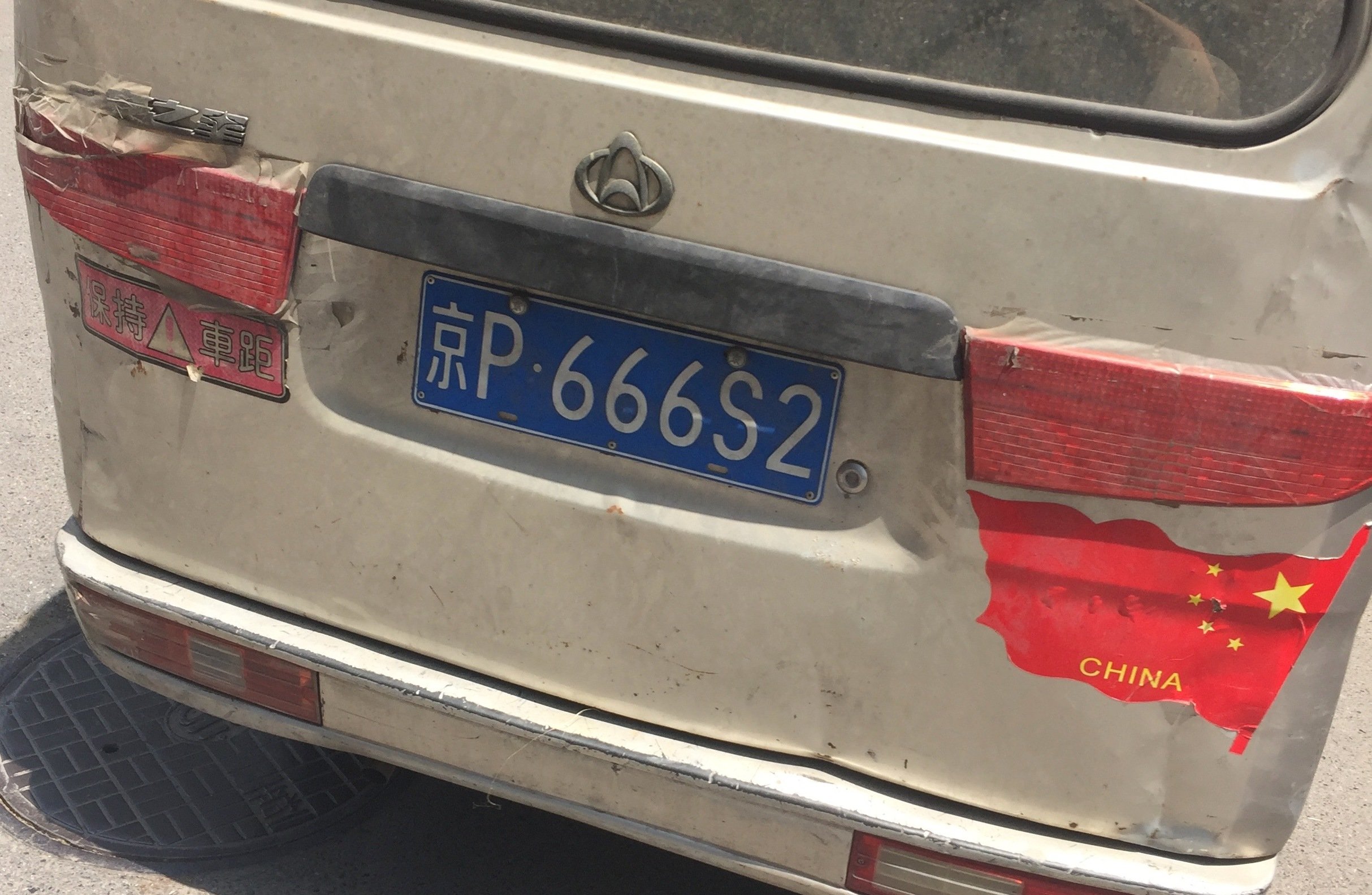Beijing to Cut New Car Limit to 100,000 Per Year
The value of a Beijing license plate is about to go up, as officials plan to reduce the number of new vehicles permitted each year.
With a goal of no more than 6.3 million cars on Beijing roads by 2020, Beijing transport regulators plan to reduce the number of new plates issued every year from 150,000 to 100,000. With an estimated 5.6 million cars on the road at the end of 2020, the 6.3 million target still gives the municipal government a few hundred thousand vehicles worth of wiggle room.
New license plates for non-commercial vehicles are issued via a once-in-a-lifetime lottery system. In other words, prospective automobile owners who enter the lottery must purchase their car within 30 days of authorization being issued (which is not the same as authorization being received), or lose eligibility to do so forever. Yes, it's a harsh system. It also means that if you have your heart set on a new Mercedes, you'd better sit around with enough to buy one in the bank just in case your number comes up.
Until the summer of 2015, electric vehicle (EV) buyers did not need to enter the lottery, as part of an incentive system to encourage the purchase of new-energy cars. However, would-be EV owners now participate in a separate lottery that is generally "winnable" within a few months.
Car owners who are replacing existing vehicles are not required to re-enter the lottery, making the value of the license plate itself sometimes greater than older cars on which they hang. That value has also given rise to a gray market in off-the-books vehicle rentals by people who have a license plate but don't need or want it for themselves.
Officials did not announce a specific timetable for the implementation of the new, reduced limit.
More stories by this author here.
Email: stevenschwankert@thebeijinger.com
Twitter: @greatwriteshark
Weibo: @SinoScuba潜水
Photo: Steven Schwankert/the Beijinger

